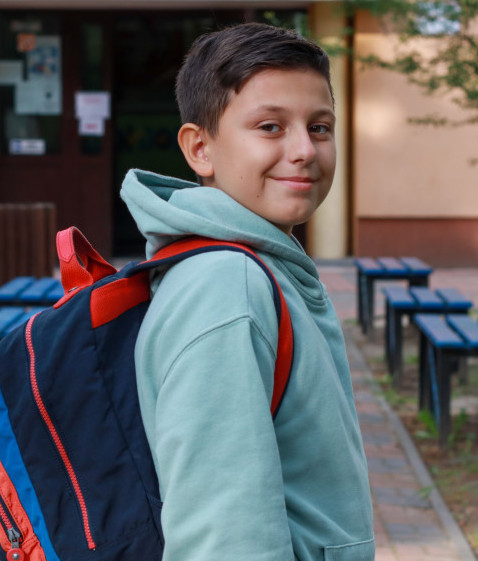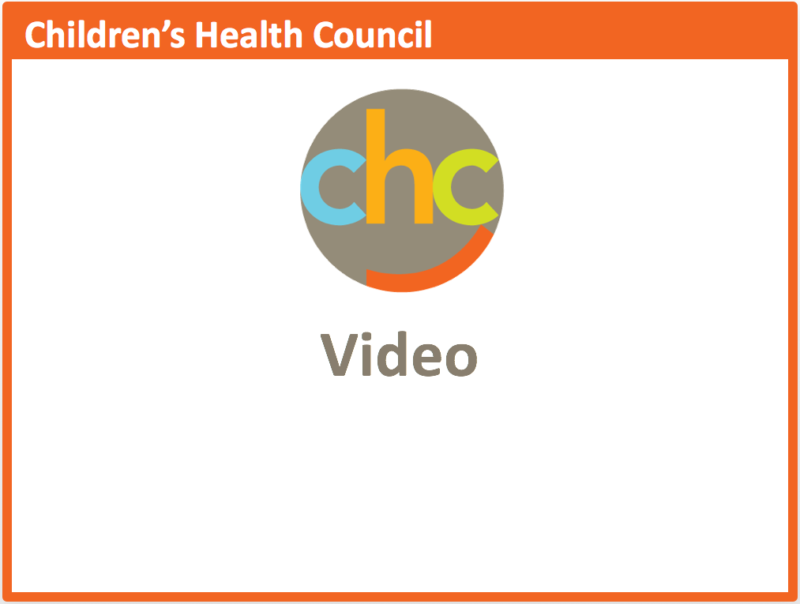
Does My Child Need ADHD Medication?
Written by Glen Elliott, PhD, MD My son was recently diagnosed with Attention-Deficit/Hyperactivity Disorder (ADHD). He’s seven-years-old and often has trouble focusing in class. It seems like he’s getting in trouble every day, either for being disruptive or for distracting Read more >>









